You spend eight hours, sometimes close to 12 hours a day working to earn a paycheck. You use that paycheck to pay for rent, food, healthcare and any other nebulous expenses you could place under the umbrella of “entertainment.” This could be movie tickets, that concert you went to with your college roommate, or more specific to this article, video games and the variety of subscription service required to make them “run” in 2017. Entertainment requires many expenses of your money and your time, but video games stand out because they often require large amounts of both in addition to an added cost just as nebulous as “entertainment.”
Video games are interesting objects. They have a cost, but for all intents and purposes, they provide value far beyond their $60 price tags. This used to be because in comparison to film or music they provided a more holistic experience, something more all encompassing that, due to skill requirements and gating, would take longer to digest. In 2017 this added value has less to do with the games themselves as narratives or an expression of ideas and everything to do with how they are played and how they are made. “Games” are not just a linear narrative experienced in one or multiple sittings. They are broad, full of multiple stories, repeatable events, and randomly generated content. They exist without you, but require and often demand your constant input to be fun for you and their multitude of players.
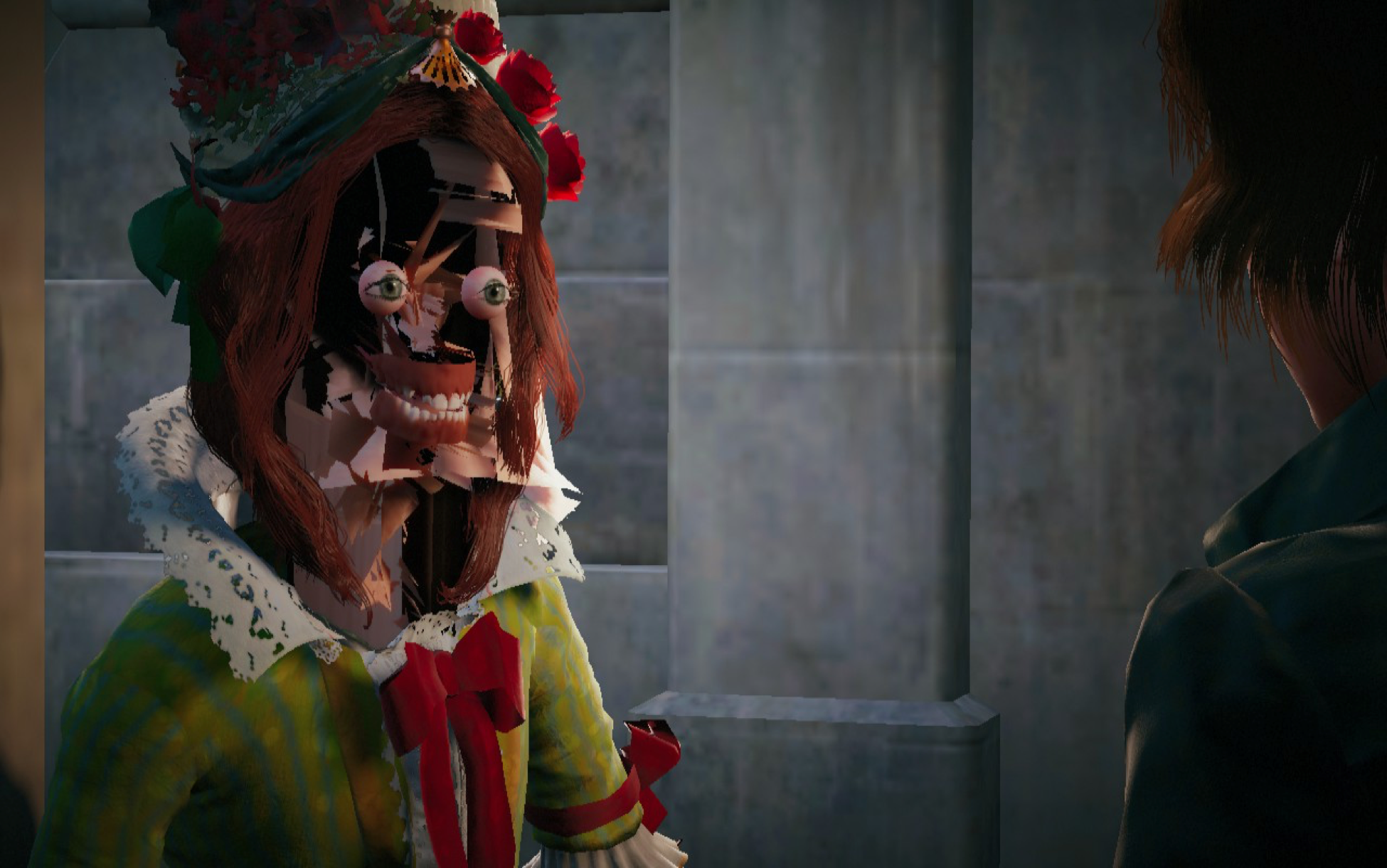
ASSASSIN’S CREED UNITY was a “service game.” It went great.
“Games as a Service” is a loaded phrase whose meaning has evolved with the market, but largely it’s the notion that rather than an object, a video game is a living document, a world. A bundle of code that can and should be expanded upon, both to improve and fix, but also to provide new and continuing experiences. This idea is by no means new. MMOs were living worlds by default; they encouraged socialization in imagined spaces and provided repetitive quests to undertake with friends. Their source of income was the subscription fee and the promise of players spending money on expansion packs and improvements to the world. The wonder came from the players working together, on a raid boss or some meta-mystery, and the world changing in response, however slowly.
“Games as a Service” is the traditional MMO model repackaged and sold as something new for console audiences. It’s consumer friendly (on the surface) and generally less acronym heavy. It’s dependent on players paying for the game (anywhere from $60-$100, depending on how crazy you are) and paying for a subscription fee to access online content for their console of choice (Playstation Plus or Xbox Live). Spelling it out, it seems like a high barrier to entry for the average video game player. Taking into account the prevalence of subscription services and the variety of ways the true cost of things things are obscured in 2017, it’s chump change. DESTINY 2 is one such “service game,” but it exists in a broader continuum and a broader narrative worth examining. Clearly it’s critically successful and more than likely financial success will follow (even if it takes the brute force of its publisher Activision to make that happen), but it makes requests of the player that are important to consider, especially if you enjoy the game or are trying to get into it. Hopefully this can be a frame for that experience. Something to mull over while you kill space robots and get space guns.
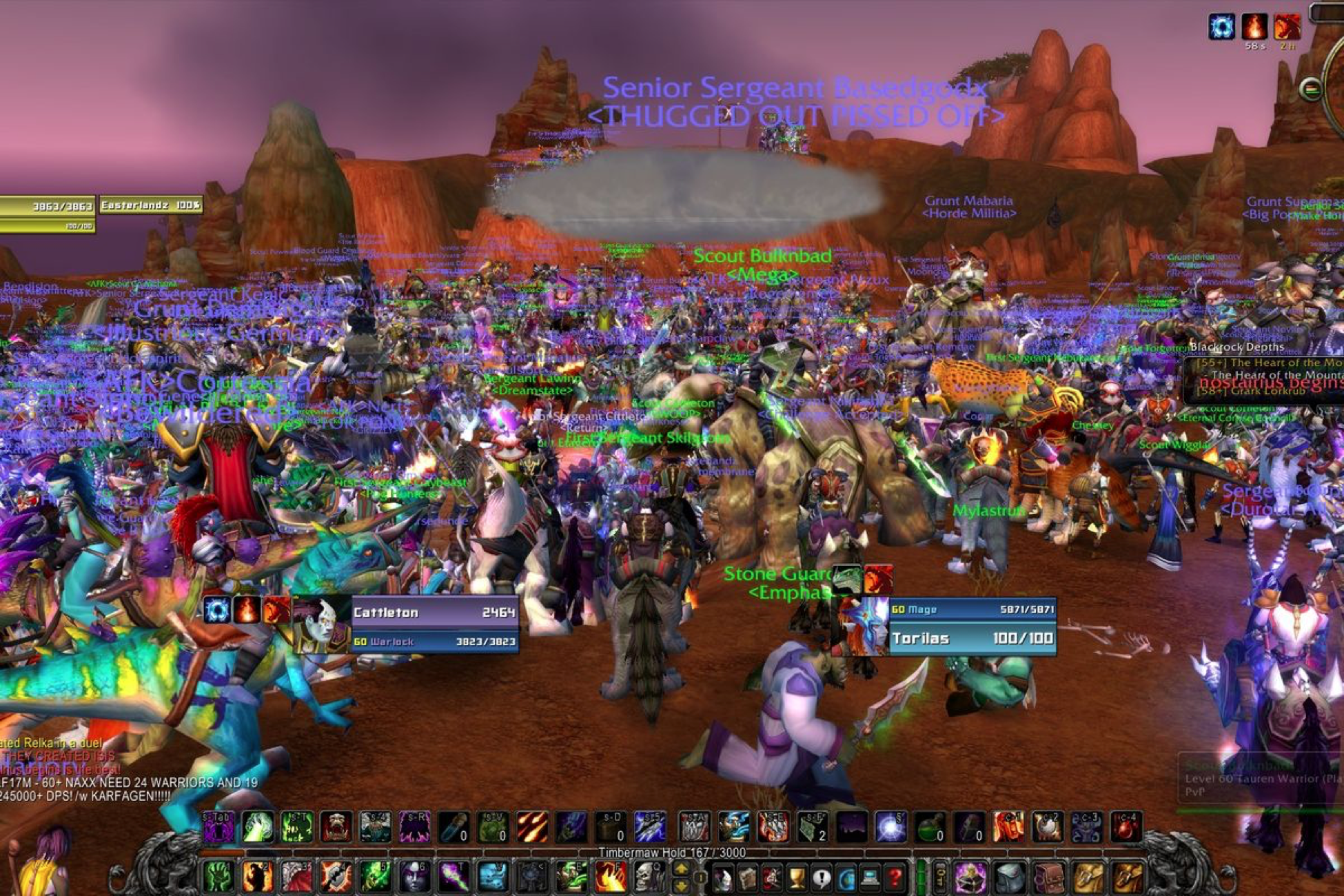
A simpler time
The narrative of DESTINY sees most of modern science fiction tossed into a blender with a slight bias towards the optimism that characterized early popular entries. Humanity is elevated by a traveling space god called, believe it or not, The Traveler (if you love proper nouns you’ll love the Destiny franchise), and chosen humans are given immortality and magic powers and branded “Guardians.” From there, humanity uses that vague divine right to get their space colonialism on until they meet The Darkness, the mortal enemy of the Traveler, and are beaten back to Earth where they have their last stand at The Last City and descend into a kind of dark age. Along the way they meet a host of alien races that have beef with the Traveler and/or each other and they realize that space is a whole lot bigger and more like the traditional brand of Bungie space mysticism than they imagined. DESTINY 2 attempts to question that status quo by having the Guardians lose their powers and by having their orb god be kidnapped by a band of Roman-inspired space walrus-dogs called The Cabal, but then they hard turn back to the status quo, reaffirming the divine right of humanity’s guardians and promising some kind of second golden age. It’s a weird kind of space centrism where there are a few qualified shepherds who should guide humanity because they know what’s best, even if it means getting thousands killed. This could easily be tossed aside (as unfortunately the story often is in this franchise), but it vibrates on the same ideological frequency with the gameplay in a way that could be concerning or at least revealing.
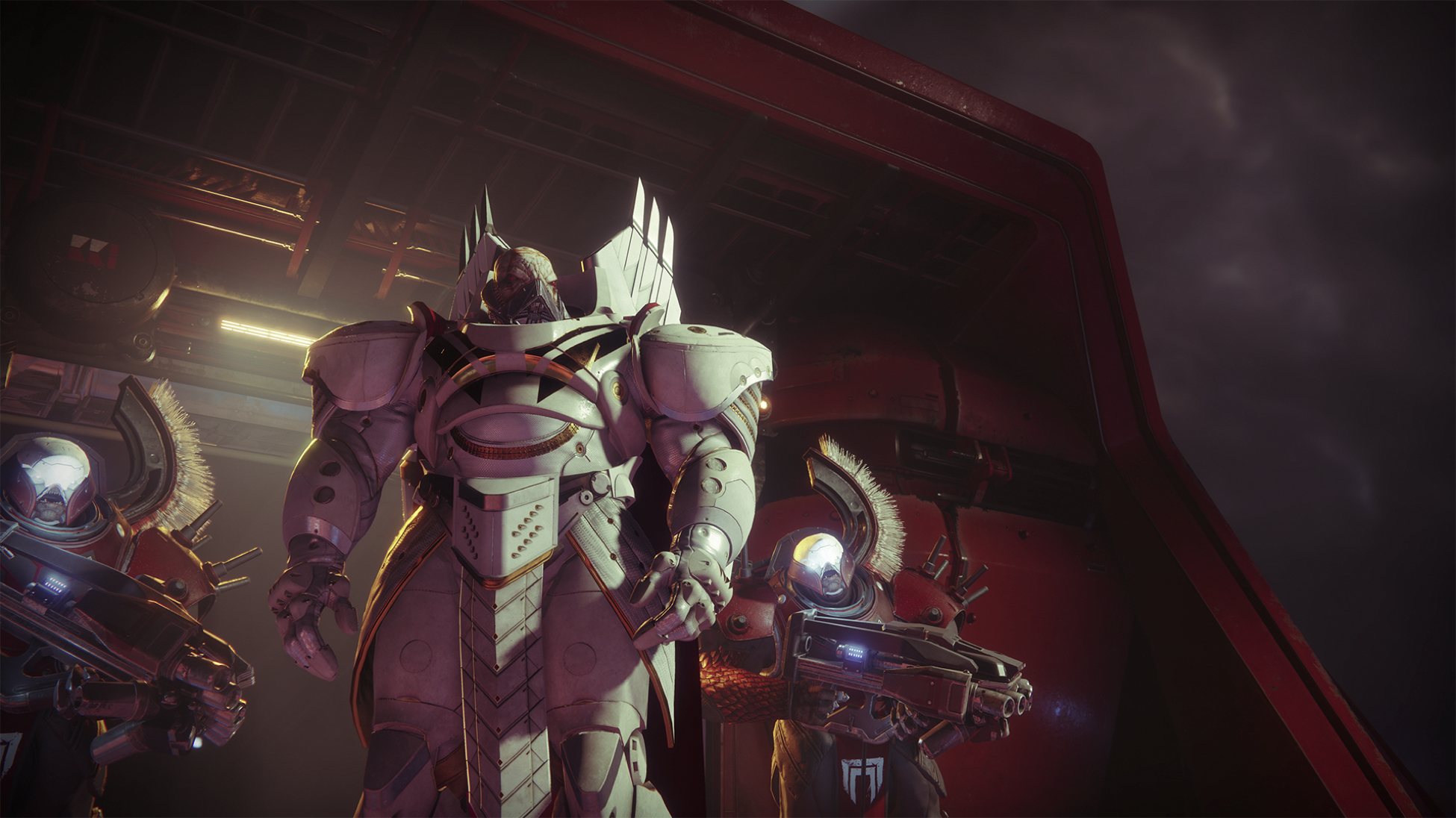
The bad boys have come to take your orb god
The gameplay of the Destiny series is grinding. Repeating quests and missions in an open world to fulfill quotas that hopefully reward the player with randomly generated loot with higher numbers than their current loot. This cycle repeats over and over across a variety of settings through a jumble of abstracted currencies, but basically, you shoot things to get better things to shoot with. It’s work, repetitive, even if the “feel” of the shooting is satisfying. It’s labor. Even as you the player are a member of the moral/political space aristocracy, you still serve the whims of someone above you, who commands you, provides you with quests, and further reasons to make more numbers pop off of monsters. Grinding is the bread and butter of any RPG, both by padding out length and giving some sense of character change or progression, but why is the grinding of DESTINY 2 in particular so compelling? In comparison, WoW and other far more traditional MMOs offer more diverse activities and a larger world, but DESTINY 2 gets by with far less and asks far more of the player. If anything, the “service” that is being provided through the game is access to workspaces where you and your friends can perform meaningless work together. Make numbers get bigger. Fill out spreadsheets and contend with random number generators. Why would we pay money we earned from our jobs in order to log into another?
The answer is, in some part, because we’ve already done it. As controversial as the the lack of content, sometimes broken elements of the the original DESTINY was, the fans that did like it really liked it. They were galvanized in the flames of their shattered expectations and over-committed to a game whose structure arose out of compromises instead of design. Compromises that were ultimately made so that the game could be released at all. Because people became invested in the way DESTINY worked, they were drawn in by the quality-of-life changes of DESTINY 2, changes that were ultimately just more blatant ways to make the labor in the game easier to find and accomplish. The game became more honest about what it was about and people rewarded that with further loyalty. Beyond that hardcore cadre, labor performed for what seems like increasingly tangible benefit is a nice change of pace in comparison to real life work. There are no taxes in DESTINY 2, no payday, only the labor you put in and the rewards you receive. That, combined with the intrinsic nature of the world to glamorize and exalt the menial labor you perform makes an attraction to DESTINY 2 seem even more sane. Perhaps most important is the idea of the therapeutic quality of repetitive actions in games. DESTINY 2 is a fantastic game to forget yourself in. Once you move past the story and face the treadmill that is the rest of the game, it’s easy to tune out and relax. The repetitiveness is a comfort because you don’t have to worry about being confronted with actual challenge. It’s labor you can easily complete and after a long day of work, that might just be incredibly satisfying.
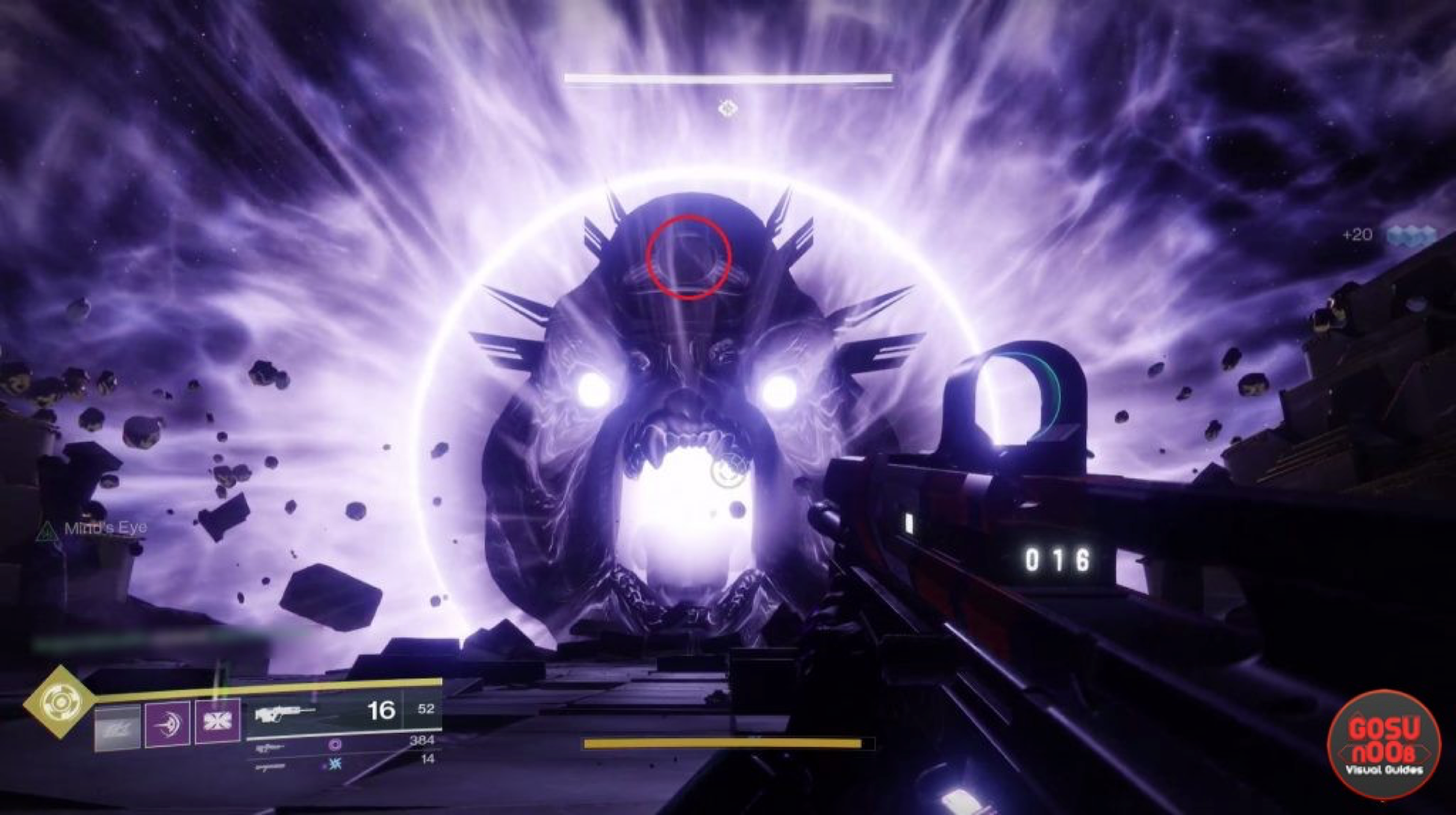
DESTINY 2 wants to love you and only you
These kinds of considerations are worth discussing, because DESTINY 2 very much wants to be the kind of game you play every day. It would like to ingratiate itself into your life like OVERWATCH has or DOTA 2 did. The repeatable structure of everything in the game is meant to be a nice little set of chores you complete every week. You play the side quest “Adventure” missions, you participate in the open-world Public Events, maybe if you’re a true diehard you run the raid again, but these remain more or less unchanged from the previous week save for some dialogue variations and a different mixture of modifiers. The key, then, is not letting it feel like more work. Something that can be difficult given the stripped down and “efficient” quality much of the design of the game has. This is unfortunate because as much as the story of DESTINY 2 teases alternate paths before swerving back to how things were, so too does the gameplay. There are far more things to do in this new installment in the franchise, but they end up being just more of the same repeatable tasks that characterized the first. Ultimately, your time and money are valuable, and it is clear that this game can’t and shouldn’t be everything for everyone, as much as it would like to be. Better to have that internal conversation before purchasing than when you’ve already committed $60 or a weekend to it.
DESTINY 2 is a good game. You probably already know that. It’s miles better than its predecessor. Maybe that’s why you’ve purchased it. But because of what it is and what it wants, it is important to be aware of what you are actually doing in it. You are working. The work is enjoyable, it provides some kind of escapism, but it is not the same kind a traditional narrative other games provide. The “service” DESTINY 2 offers is less new content or features and mainly new places to do the same work. The relationship between the story and the gameplay in DESTINY 2 is a strange mirror to the work-life balance of real life; the danger is recreating that imbalance in one, while trying to create balance in another. It’s up to the player to decide if that work is worth the costs it requires. For now it may be, but that might not always be the case. It’s important to know when to stop. To take a break. Or simply to move on.
DESTINY 2 is available on PlayStation 4, Xbox One, and PC








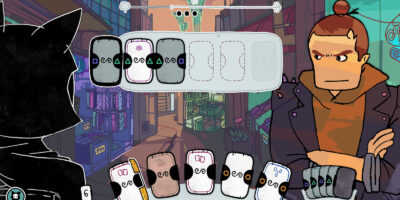







Comments